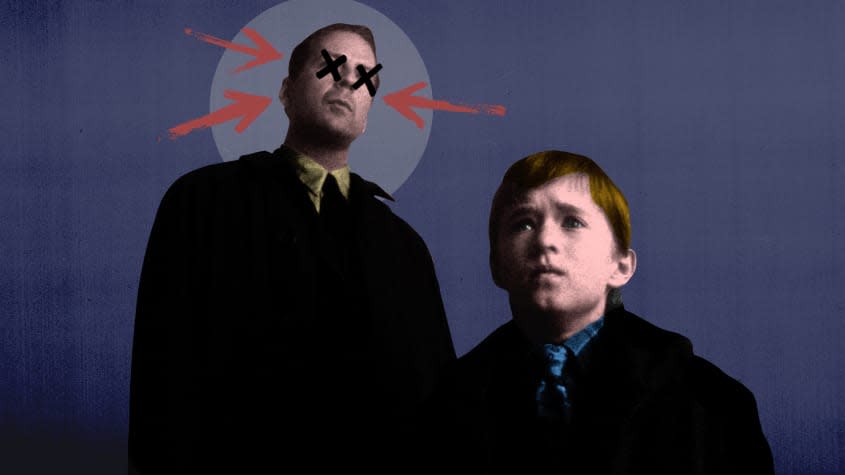Spoilers are good

Whenever I'm invited to the movies, I have a ritual. I find the proposed film on Wikipedia, and, if a full plot summary has been posted, I read all the spoilers.
If the summary isn't there yet, I search for it elsewhere, checking through reviews, Reddit discussions, anything that might tell me what happens in the end. Rarely will I agree to go if I can't find out exactly what I'm going to see.
This ritual drives my friends and husband crazy. They generally believe, as many do, that spoilers will ruin their enjoyment of the movie. They and their ilk are the reason film reviews only rarely have the information I want, and the reason that, when it is included, it's prefaced with a paragraph of warning and apology: Here be spoilers — like the cautions against sea monsters on old maps. Film studios agree and will embargo early reviews to keep plots secret. Conventional wisdom holds that spoilers are bad, surprise is good, and what happens at the end is something you should learn only while watching the movie.
I disagree, and I don't think I'm alone in this. There's a reason some of Google's top autocomplete suggestions after you type any new movie title into the search box are "spoilers," "summary," and "synopsis." People want to know. There are dozens of us!
My own reasoning is twofold. The first is practical: I am busy. I have twin toddlers. I don't go to the movies often. (The last time I went was in January 2020, and the reason I haven't gone since has little to do with the pandemic.) I don't watch many movies at home anymore, either, though I had a weekly movie routine all through middle and high school. When I watch something now, it's almost always television — half an hour to fold the laundry or 50 minutes to clean the kitchen.
A two- or three-hour movie is a commitment. A trip to the theater — and here we add another hour for transport, at least $25 for tickets for two and $50 for child care — is an even bigger commitment. It has to be worth it. I have to know I'm not wasting my time on some dumb plot twist or unsatisfactory ending or deus ex machina nonsense that leaves me more irritated than entertained. That means I need spoilers.
Spoilers could have saved me from The Hours, Avatar, Love Actually, and Pirates of the Caribbean 3. They could have saved me from The Circle and La La Land, both of which I watched on planes, like a dummy, because I was too cheap to pay for wifi to read the spoilers first. (Never again.)
The practical aspect is also why there are a few exceptions to my ritual for select studios, franchises, and genres. A Pixar movie is sure to end nicely. A Marvel movie is so predictable I don't need spoilers to know roughly what happens, even if it takes two movies to get it all done. (Oh, the villain snapped half the world out of existence? Will the Avengers save them? Will they kill off characters played by aging actors both enriched by and bored of this franchise? Who could possibly guess?) And for a true whodunnit that plays by the genre's rules, like the excellent Knives Out, I'm content to learn whodunnit from the detective's big reveal.
My second reason is about the film itself: If a movie is good, it will be good even if I know what happens. This is true in a narrow sense: A plot summary is a bare sketch. It won't include clever lines and funny jokes. It won't detail characters' motives and emotions or describe the film's settings and aesthetic choices. There's still plenty I don't know, plenty spoilers don't reveal.
It's also true of the film's overall capacity to delight and enthrall: If the movie is beautifully shot, masterfully acted, well written and edited and scored, spoilers don't matter. The plot outline is such a small part of a film. It arguably doesn't deserve the name "spoiler" at all, because — as the most ardent spoiler rejectors tacitly admit every time they rewatch an old favorite — a good movie is much more than its Wikipedia summary.
If the whole work is skillfully crafted, if it commands my attention and suspends my disbelief, knowing the ending spoils nothing at all.
You may also like
7 painfully funny cartoons about America's endless vaccine fights

